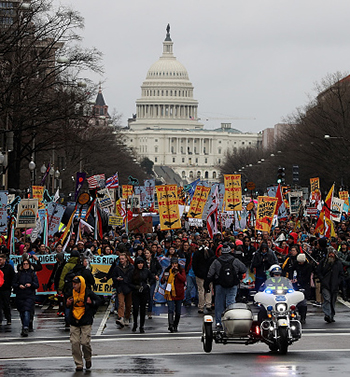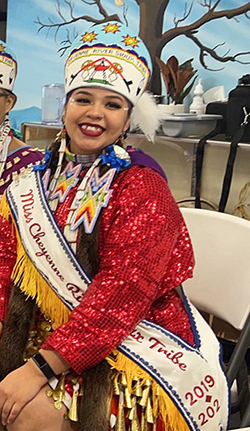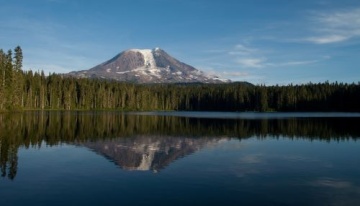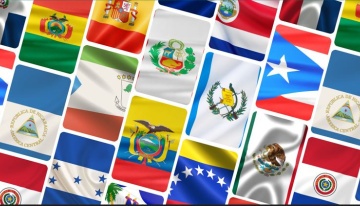intro
What does the month of November mean to you? Many associate it with Thanksgiving, autumn or even Black Friday. For the 9% of people in North America who identify as Native American or Indigenous, November holds special meaning as Native American Heritage Month. Established in 1990, Native American Heritage Month was the first federal heritage month to honor Indigenous People in the U.S. As a Cheyenne River Lakota member of the Cheyenne River Sioux Tribe, Native American Heritage Month is a time of personal reflection on what makes Indigenous People resilient and of hope for a future in which we can carry on our traditions and thrive.

Wowakis’ake – Resilient
The people who colonized what is now the U.S. did not regard the Indigenous People they encountered as human beings. Bartering conditions were not respected and treaties were not upheld. We are still bearing the scars of cycles of generational trauma inflicted by massacres of our ancestors and boarding schools that sought to destroy our culture. More recently, the Lakota People and other Indigenous tribes protested the construction of an oil pipeline that threatened to destroy land and water in the Standing Rock Indian Reservation. Over 300 people were hurt in the process and while construction was halted temporarily, the pipeline was completed and continues to operate today. Despite past and current struggles, Indigenous People of my generation are working hard to create a better future, and we continue to demonstrate that we are wowakis’ake, or resilient.
Despite past and current struggles, Indigenous People of my generation are working hard to create a better future, and we continue to demonstrate that we are wowakis’ake, or resilient.
Wachinyankel - Hope
Wachinyankel - Hope
In 1978, Congress passed the American Indian Religious Freedom Act, two hundred years after freedom of religion was established in the U.S. Constitution. This led to the rejuvenation of Indigenous cultures and languages. I’ve known since I was in elementary school that it was up to my generation to continue reviving our language and culture and to work to better our own lives to improve conditions for future generations of Indigenous People. We have been using the internet and social media to raise awareness of the impact of alcohol and drug abuse on our communities. We speak out about the Missing Murdered Indigenous Women (MMIW), men and children and Every Child Matters Movement. We find the freedom to be ourselves and celebrate our culture through organizations like the YMCA of the Seven Council Fires. We can do this because we have wachinyankel, or hope.

My Story
I grew up on the Cheyenne River Indian Reservation in South Dakota. I focus on rejuvenating the Lakota language and cultural practices at powwows where I dance in traditional ribbon skirts that I sew. I have competed in the Miss Indian World Pageant and the Miss He Sapa Win Pageant, and I was “Miss Cheyenne River 2019-2022” until I gave up my title in September 2022. Until recently, I served as Cultural Director at the YMCA of the Seven Council Fires. I still represent my Y at college speaking engagements and through working with Y volunteers. I just started taking classes at Oglala Lakota College in Kyle, South Dakota majoring in education in Lakota culture and history for kindergarten through 12th grade so that I can teach our culture to the generations that follow mine.
Happy Native American Heritage Month! Wopila Tanka iciyapi – thank you very much! Anpetu iyohila Lakhotiya woyaglakapi kin waste kte! - It’s good to speak Lakota every day!





